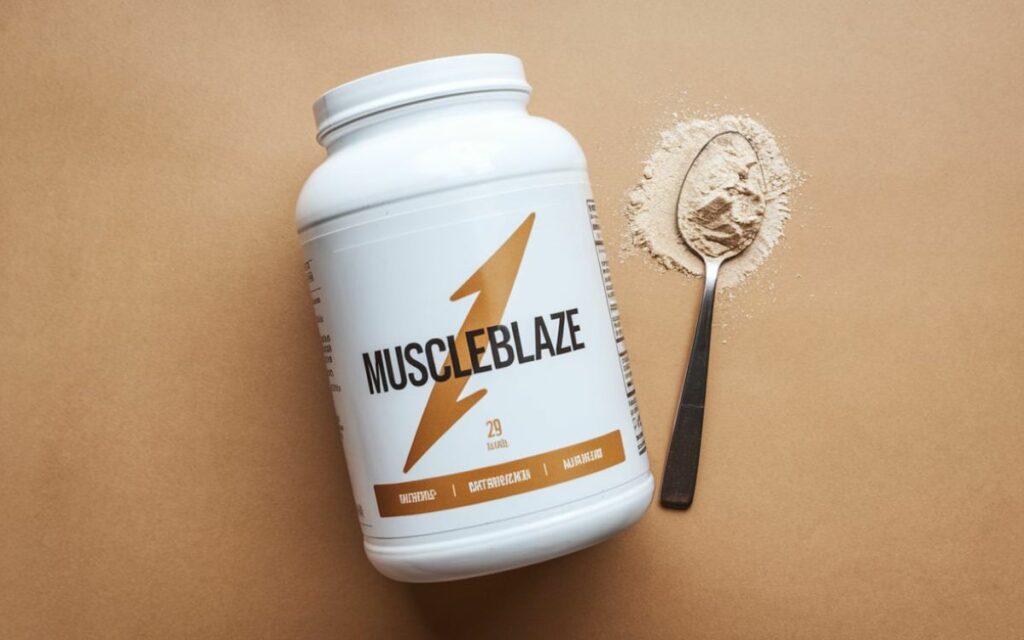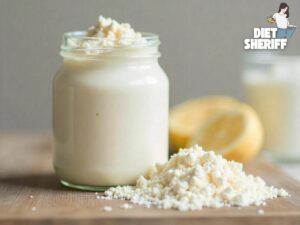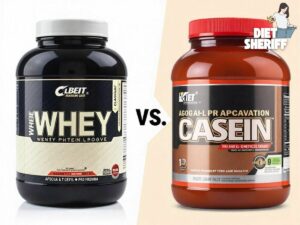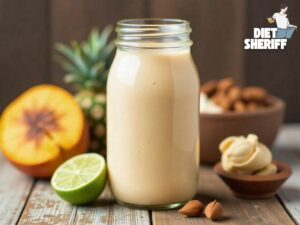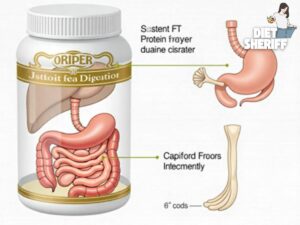As a fitness enthusiast or athlete, you’ve likely invested in a high-quality protein powder to support your muscle growth and recovery. But have you ever stopped to think about the shelf life of your protein powder? How long can protein powder last before it loses its potency and effectiveness?
In this comprehensive guide, we’ll delve into the world of protein powder and explore the factors that affect its shelf life, why it’s crucial to know how long it can last, and provide you with some valuable tips on how to extend its lifespan.
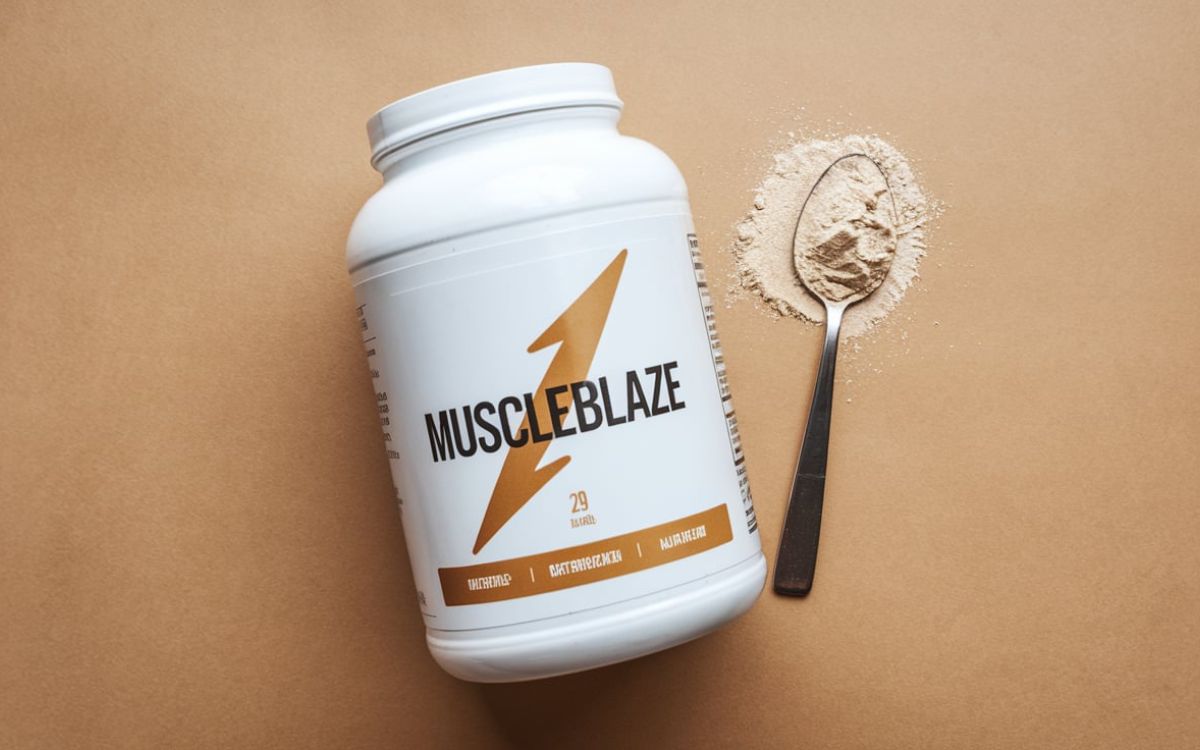
How Long Can Protein Powder Last? Understanding the Basics
Let’s start with the basics. Most reputable protein powder brands list an expiration date or “best by” date on their packaging.
Related Article: Can I Drink Protein Drinks Every Day?
This date is typically stamped or printed on the container and serves as a guideline for when the product should be consumed for optimal freshness and quality.
However, it’s important to note that this date is not set in stone. With proper storage conditions, many protein powders can remain usable well beyond their listed expiration date. Conversely, poor storage conditions can cause even unopened protein powders to spoil prematurely.
As your concern, protein powder can be a fantastic addition to yogurt, providing an extra boost of protein to your snack or meal. Check out this article on “can you put protein powder in yogurt?” to learn more about this.
https://gigasecurehome.com/wyze-cam-black-and-white
What Factors Determine the Shelf Life of Protein Powder?
When it comes to the longevity of protein powder, several key factors come into play. Let’s take a closer look at what influences how long your powder will stay fresh and effective:
1. Type of Protein
The type of protein used in the powder can significantly impact its shelf life. Generally, animal-based proteins like whey and casein tend to have a shorter shelf life compared to plant-based options like soy, pea, or rice protein. This is because animal proteins are more susceptible to oxidation and degradation.
Related Article: Can I Drink 2 Protein Shakes a Day to Lose Weight?
2. Presence of Additives
Some protein powders contain additional ingredients like sweeteners, flavors, or thickeners. While these additives can enhance taste and texture, they may also affect the powder’s shelf life. Artificial sweeteners, for instance, can cause the powder to clump or crystallize over time.
3. Packaging and Sealing
The packaging and sealing of protein powder play a crucial role in preserving its freshness. Powders packaged in airtight, moisture-resistant containers tend to have a longer shelf life than those in less secure packaging. Additionally, exposure to air and moisture can accelerate the degradation of protein powder.
Related Article: Is 2 Scoops of Protein Too Much?
4. Storage Conditions
How you store your protein powder is perhaps the most important factor in determining its shelf life. Proper storage conditions, such as a cool, dry, and dark environment, can significantly extend the usable life of your supplement. Conversely, exposure to heat, humidity, and direct sunlight can cause the powder to clump, spoil, or lose its potency.
https://gigasecurehome.com/wyze-subscription-comparison
Why Is It Important to Know How Long Protein Powder Can Last?
Knowing the shelf life of your protein powder is crucial for a few key reasons:
- Potency Preservation: As protein powders age, their nutritional value and effectiveness can deteriorate. Staying informed on expiration dates helps ensure you’re getting the full benefits of your supplement.
- Food Safety: Consuming expired protein powder can pose health risks, as it may harbor harmful bacteria or mold. Keeping tabs on freshness helps you avoid potential gastrointestinal issues.
- Cost-Effectiveness: Protein powders can be a significant investment, so maximizing their usable lifespan ensures you’re getting the most value for your money.
- Convenience: Understanding how long your protein powder will last allows you to plan your purchases and usage more efficiently, preventing waste and ensuring you always have a fresh supply on hand.
Are you curious about the question “can you put protein powder in milk”? Follow this comprehensive guide for more information.
https://gigasecurehome.com/wyze-error-codes
How Long Can Protein Powder Last?
The shelf life of protein powder can vary quite a bit, but in general, you can expect most powders to remain fresh and potent for 12-24 months when stored properly. Here’s a more detailed breakdown:
Whey and Casein Protein Powders: These dairy-based proteins typically have the longest shelf life, with an average of 18-24 months if kept in a cool, dry place and in an airtight container.
Related Article: How To Use Protein Powder to Lose Weight?
Plant-Based Protein Powders: Powders made from soy, pea, or other plant sources tend to have a slightly shorter lifespan of 12-18 months when stored correctly.
Egg-Based Protein Powders: Egg-derived proteins are the most perishable of the bunch, with a shelf life of around 12-15 months under optimal storage conditions.
It’s important to note that these are just general guidelines, and the actual lifespan of your protein powder can be influenced by the specific brand, manufacturing processes, and your storage habits. Always be sure to check the expiration date and inspect the powder for any signs of spoilage before consuming.
Signs Your Protein Powder Has Gone Bad
So how can you tell if your protein powder has reached the end of its lifespan? Here are some telltale signs to watch out for:
- Clumping or Hardening: Fresh protein powder should flow freely. If it’s become thick, sticky, or difficult to scoop, it’s likely time to replace it.
- Off Smell or Taste: Protein powder that’s past its prime will often develop an unpleasant, sour, or rancid odor and flavor. Trust your senses – if it doesn’t smell or taste right, it’s best to toss it.
- Color Changes: Fresh protein powder should maintain its original hue. If it’s started to yellow, brown, or develop dark specks, that’s a sign of deterioration.
- Mold Growth: This is an obvious red flag. If you see any mold or fungus growing in your protein powder, do not consume it.
When in doubt, it’s always better to err on the side of caution and replace any questionable protein powder. Consuming expired supplements can lead to gastrointestinal issues, so why take the risk?
How to Extend the Shelf Life of Protein Powder?
Now that you know the typical shelf life of protein powder, here are some tips to help you maximize the freshness and longevity of your favorite supplement:
- Store in a Cool, Dry Place: Keep your protein powder in a pantry, cabinet, or other cool, dark location, away from direct sunlight or heat sources. Avoid storing it in the refrigerator or freezer, as the moisture can actually accelerate spoilage diet sheriff.
- Use Airtight Containers: Transfer your protein powder to an airtight, opaque container (or reseal the original packaging) to protect it from air exposure and light.
- Mind the Expiration Date: Pay close attention to the expiration or “best by” date on the tub and plan your usage accordingly. Don’t be afraid to discard any powder that’s past its prime.
- Limit Exposure to Air: When scooping out portions, try to minimize the amount of time the container is open to the air. Close it tightly as soon as you’ve measured your serving.
- Consume Within 2-3 Months of Opening: Once you’ve cracked open a new tub of protein powder, aim to use it up within 2-3 months for optimal freshness and potency.
By following these simple tips, you can help ensure your protein powder stays fresh, potent, and ready to fuel your fitness journey for as long as possible.
There you have it, folks – the ultimate guide on the shelf life of protein powder. Remember, always check expiration dates, store your powder in a cool, dry place, and be mindful of signs of spoilage. With a little care and attention, you can maximize the lifespan of your protein powder and continue reaping its benefits for years to come.
So, go forth and confidently stock up on your favorite protein powder, knowing that you have the ultimate guide to keeping it fresh and functional!
Explore Also:
Creativehouseblog
Gigasecurehome
Mycleanseplan
How Long Can Protein Powder Last – FAQs
Does protein powder really expire?
Yes, protein powder does have an expiration date and can go bad over time. The shelf life is typically 12-24 months for whey/casein and 9-18 months for plant-based proteins.
What happens if I consume expired protein powder?
Consuming protein powder that has gone bad can lead to digestive issues like nausea, vomiting, or diarrhea. It’s best to discard any protein powder that has passed its prime.
How can I tell if my protein powder has gone bad?
Signs of spoiled protein powder include clumping, off smells/tastes, color changes, and visible mold growth. If the powder seems different from when you first opened it, it’s better to play it safe and replace it.
Can I store protein powder in the fridge or freezer?
It’s not recommended to store protein powder in the fridge or freezer, as the fluctuating temperatures can cause condensation and lead to faster spoilage.
How can I extend the shelf life of my protein powder?
Store your protein powder in a cool, dry place away from direct sunlight and moisture. Additionally, consume it within the recommended timeframe provided by the manufacturer.

